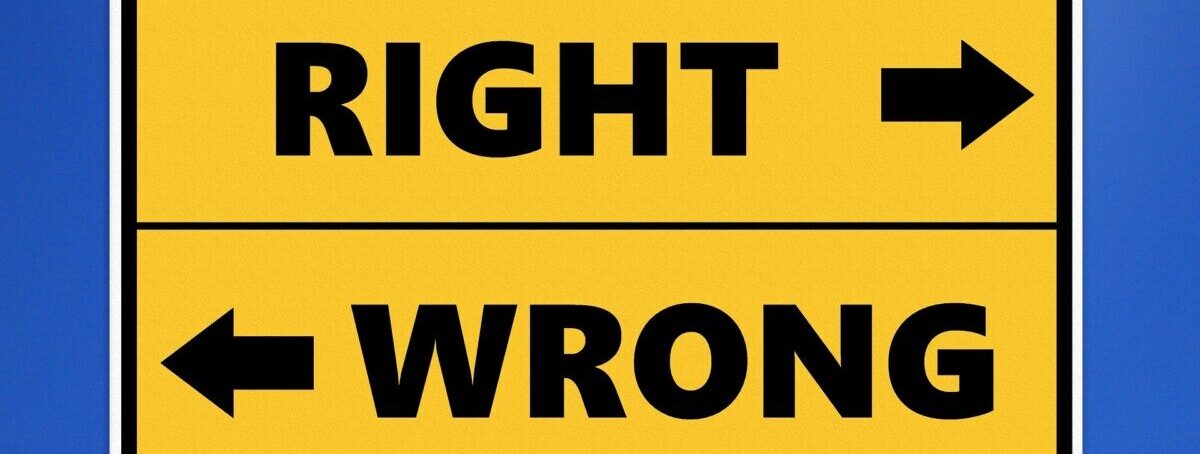Table of Contents
Attendance and Lateness
Attendance in class is not mandatory at CUNY. However, attendance is taken at the beginning of every class. Students receive a participation grade for the semester, and participation is not possible if students are not present.
Penalties and Extensions
Late assignments will be penalized in proportion to their tardiness, 3 points (out of 100) per academic day to a maximum of 10 points per week, and will receive no comments. No assignments will be accepted after the last regular class day before the final.
If for some reason you cannot meet a deadline, please discuss this with me well in advance of the due date. I will consider granting extensions on a case-by-case basis. The only exceptions to this “well-in-advance” rule will occur for bereavement or medical necessity (you will need to demonstrate evidence for either of these. For example, you will need a note from a doctor explaining that you could not make it to class in the case of medical necessity).
Grades
A 93-100
A- 90-92.9
B+ 87-89.9
B 83-86.9
B- 80-82.9
C+ 77-79.9
C 70-76.9
D 60-69.9
F 59.9 and below
Students Requiring Special Accommodation
If students require any special accommodations, please inform me at the beginning of the semester. Students may also wish to contact the Center for Student Accessibility. I will be more than happy to make any special accommodations I can.
Academic Integrity Statement
Dr. MacDougall has his own policy on academic integrity that we will cover in class.
The CUNY Policy on Academic Integrity is that academic dishonesty is prohibited in the City University of New York and is punishable by penalties, including failing grades, suspension and expulsion.
New York City College of Technology of the City University of New York is committed to the maintenance of the highest standards of intellectual honesty and academic integrity. Intellectual honesty is the foundation of all academic and scholarly pursuits. Any form of academic dishonesty is viewed by the faculty as a serious offense which undermines the bonds of trust and honesty. Students and all others who work with information, ideas, texts, images, inventions, and other intellectual property owe their audience and sources accuracy and honesty in using crediting and citing sources.



